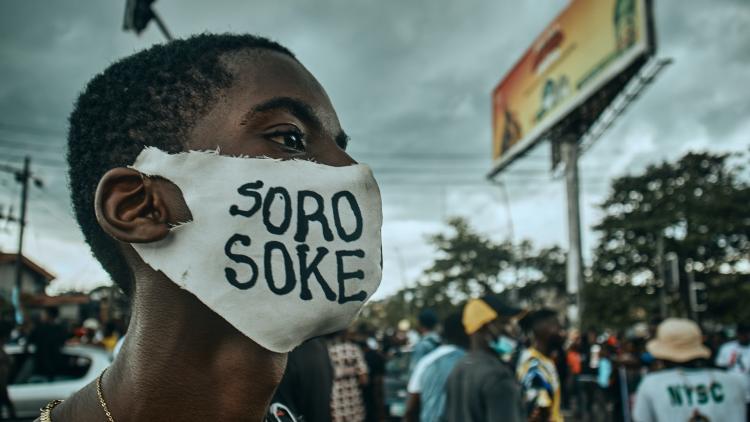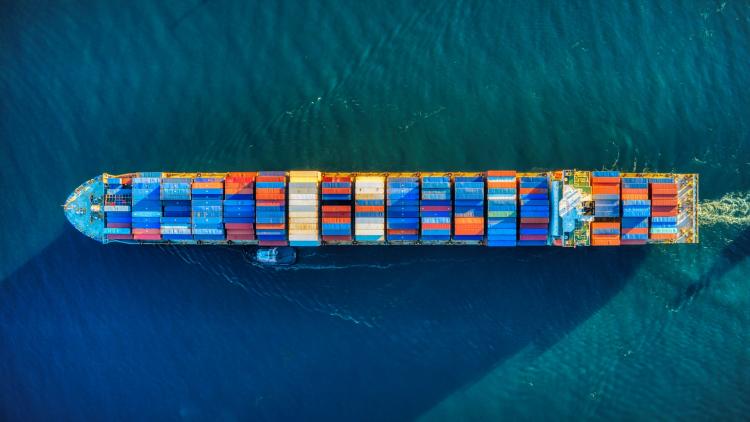International Migration Law

Key information
- Start date
- End date
- Year of study
- Any
- Duration
- Term 2
- Module code
- 15PLAH068
- FHEQ Level
- 7
- Credits
- 15
- Department
- School of Law, Gender and Media
Module overview
Non-Law students must contact convenors directly, proving they have previous experience of law studies before being allowed to enrol.
The course will provide an in-depth introduction to international migration law. It covers key areas forming part of the broader field of what has been referred to as international migration law.
This includes core concepts such as sovereignty, nationality and statelessness; regional arrangements; migration control; trafficking and smuggling; the rights of migrants, with a particular focus on migrant workers; and broader questions of global migration law and policy. It also explores cross-cutting issues, such as race, gender, age, and intersectionality that are of increasing importance in the field of international migration law.
The course builds on a range of theoretical perspectives that enable students to critically interrogate the genesis of and current developments in international migration law. Students will engage with case law, policy documents and key academic texts to acquire both sound knowledge of the law and critical awareness of the biases, gaps and challenges in the current system, with a particular focus on developments in Africa, the MENA region and other parts of Asia.
The course locates the subject matter in systemic tensions between sovereignty and global migration and focuses particularly on the ambivalent role of globalisation processes. In this context, it explores whether, and to what extent, international human rights law can provide adequate protection, and it examines alternatives to the current system of migration law.
Objectives and learning outcomes
On successful completion of this module a student will be able to:
- demonstrate knowledge and awareness of the various sources, institutions and procedures in the field of international migration law
- critically appraise the theoretical debates in the field
- engage in critical legal analysis of the practice of judicial and other institutions
- critically reflect on the role of the law in shaping the experiences of migrants, including the protection of their rights
- carry out independent research in the field of migration law and policy using both library-based and electronic resources
Workload
- Weekly 2-hour seminar
Scope and syllabus
- introduction; overview of field: key sources, theories and debates
- nationality and statelessness
- migration and freedom of movement, with a particular focus on regional developments
- migration law and human rights: migration controls
- trafficking and smuggling
- migration law and human rights: in-country treatment
- the rights of migrant workers
- regional dimensions of migration law, with a particular focus on Africa, MENA region and other parts of Asia
- migration and race, class, gender, age, and other status
- developments in regional and international migration policy
Method of assessment
- Oral Presentation: 20%
- Essay: 80% (2500-3000 words)
Suggested reading
Core Reading
In order of publication date:
- Lucy Mayblin, Joe Turner, Migration Studies and Colonialism, (Polity 2021)
- Vincent Chetail, International Migration Law (Oxford University Press, 2019)
- Mary Bosworth et al. (eds), Race, Criminal Justice, and Migration Control: Enforcing the Boundaries of Belonging (Oxford University Press, 2018)
- Prabha Kotiswaran (ed), Revisiting the law and governance of trafficking, forced labor and modern slavery (Cambridge University Press, 2017)
- Catherine Dauvergne, Making People Illegal: What Globalization Means for Migration and Law (Cambridge University Press, 2008)
Additional Reading
- Hein De Haas, Stephen Castles, Mark J Miller, The Age of Migration, 6th ed (Guilford 2020)
- Mirna Safi, Migration and Inequality, (Polity, 2020)
- Catherine Dauvergne, The New Politics of Immigration and the End of Settler Societies (Cambridge University Press, 2016)
- Richard Plender, Issues in International Migration Law (Nijhoff, 2015)
- Anne T. Gallagher and Fiona David, The International Law of Migrant Smuggling (Cambridge University Press, 2014)
- Jane McAdam, Climate Change, Forced Migration, and International Law (Oxford University Press, 2012)
- Katja Franko Aas and Mary Bosworth (eds), The borders of punishment: migration, citizenship, and social exclusion (Oxford University Press, 2013)
- Anne T. Gallagher, The International Law of Human Trafficking (Cambridge University Press, 2010)
- Paul de Guchteneire, Antoine Pecoud and Ryszard Cholewinski (eds.), Migration and Human Rights: The United Nations Convention on Migrant Workers’ Rights (UNESCO and Cambridge University Press, 2009)
- David Weissbrodt, The Human Rights of Non-Citizens (Oxford University Press, 2008)
- Satvinder Singh Juss, International Migration and Global Justice (Ashgate, 2006)
Disclaimer
Important notice regarding changes to programmes and modules.



